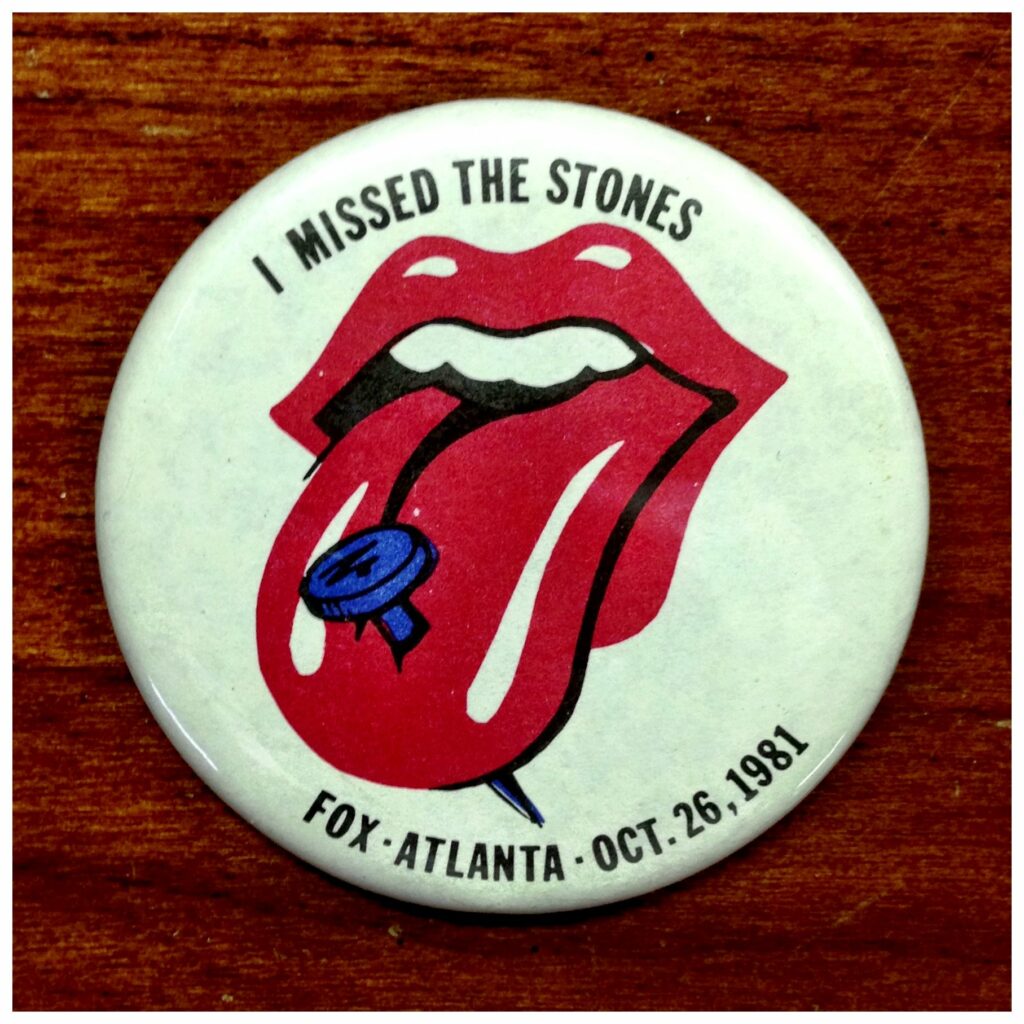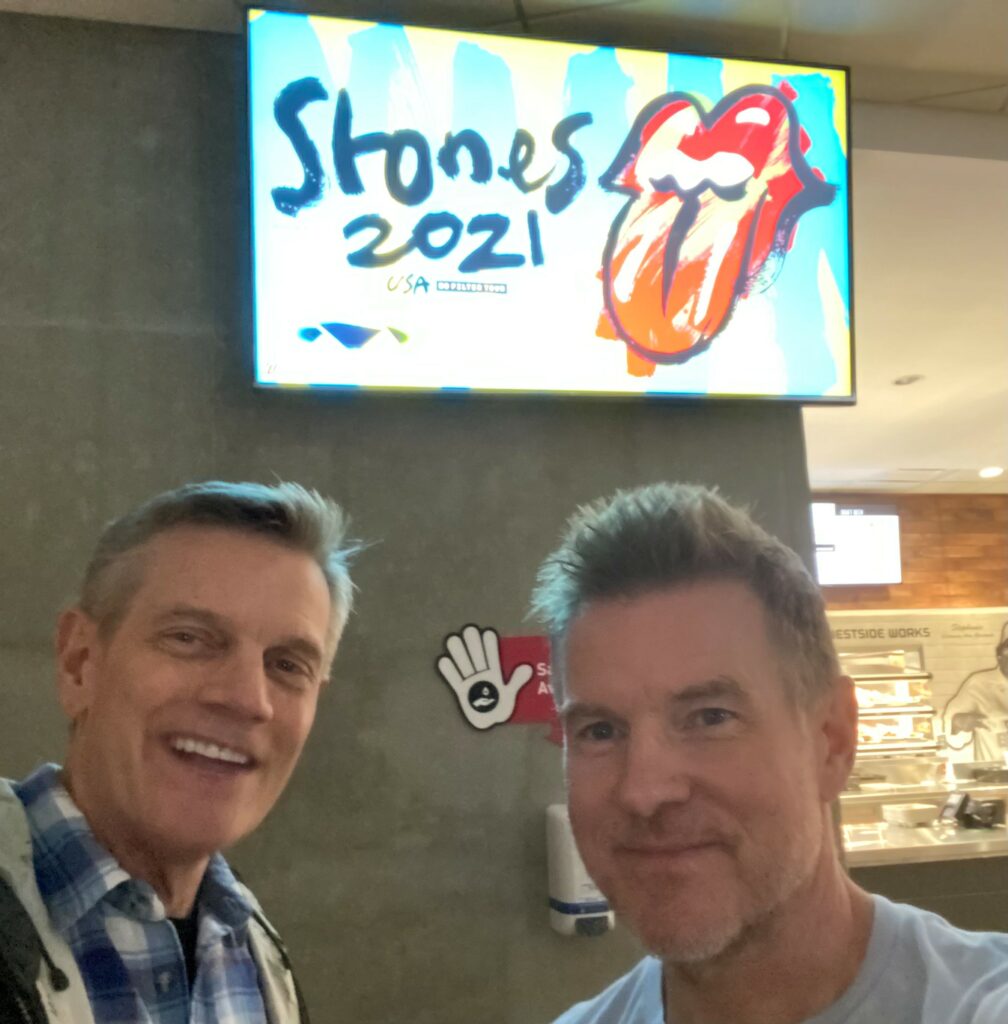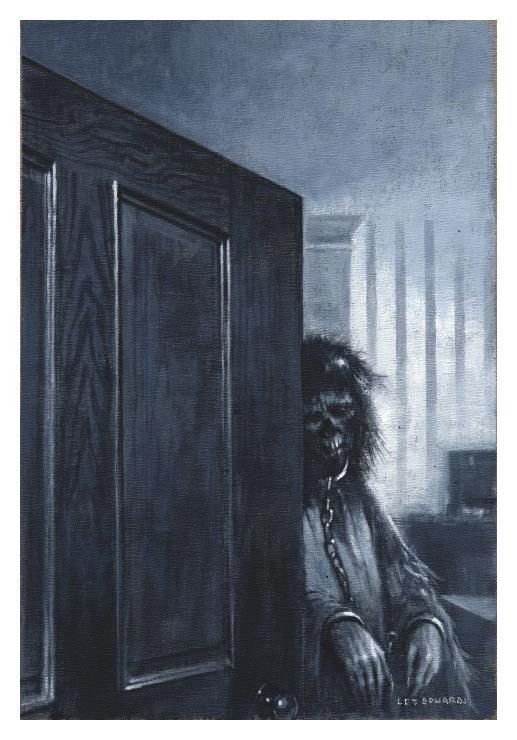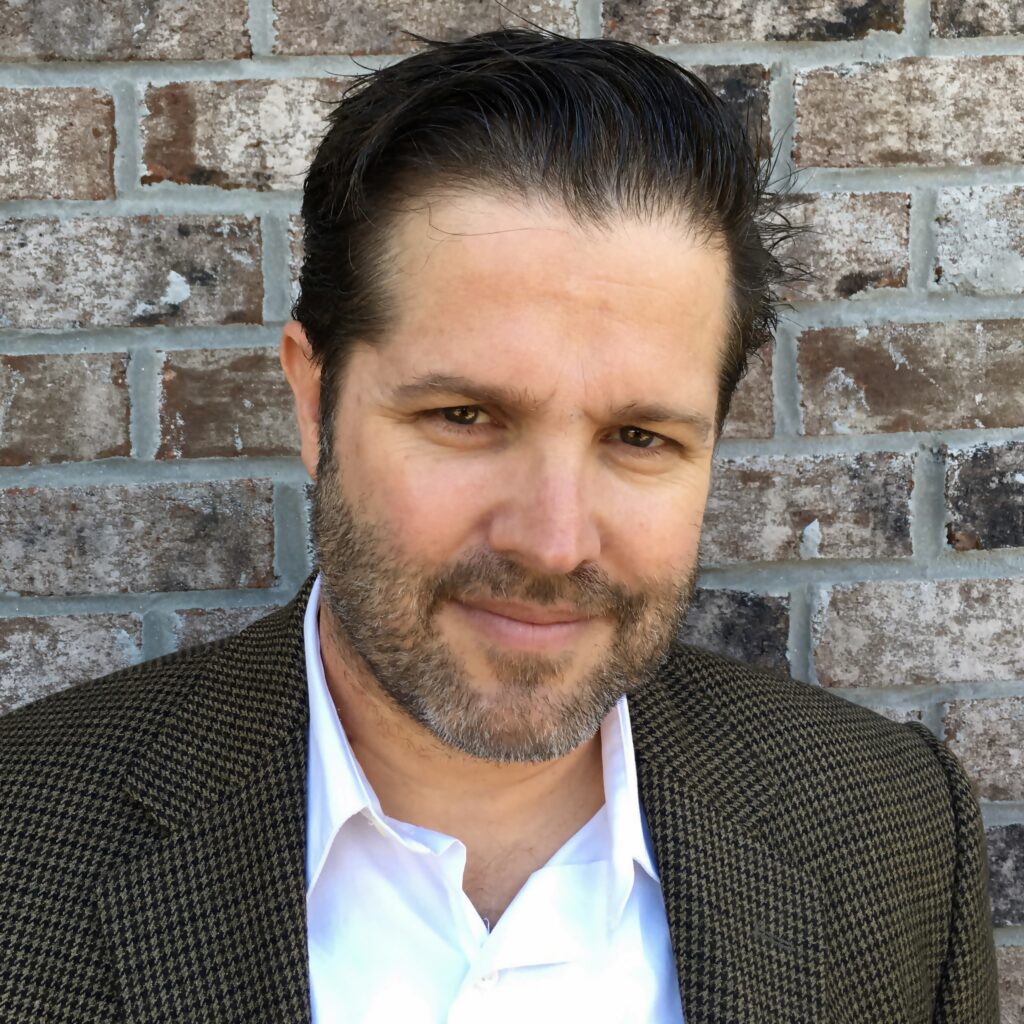With the reopening of the Georgia Historical Society’s newly expanded and renovated Research Center, GHS is again getting visits from scholars, students, and researchers from all over the world researching and studying a wide variety of topics. Off the Deaton Path would like to introduce our readers to some of these visiting scholars and share with you what they’re working on and what they’re finding at GHS.
This week we’ll spotlight Dr. Robert Stephens, a Professor of World Music at the University of Connecticut.
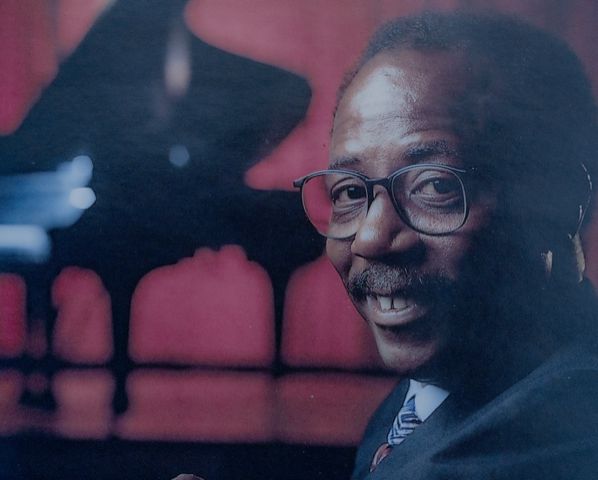
Tell Us About Yourself: I was born in Savannah and spent my formative years there, graduating from A. E. Beach High School and Savannah State, where I received my B.S. degree. After graduation, I spent several years teaching public schools in Florida and Georgia, intersected by a tour in Vietnam. Who could have known that Army service would alter the trajectory of my career path? I certainly did not, because my service allowed me to pursue an M.A. in music education and M. Ed. in Educational Administration from Columbia University and a Ph.D. from Indiana University in Music and Ethnomusicology.
My teaching career ranges from public school marching bands, the introductory course in World Music, guided student research experiences on the Hopi reservation in Northern Arizona, Havana, Matanzas, and Santiago de, Cuba. I have taught various graduate courses and courses exploring African-American History and Culture. My teaching at Montclair State University and the University of Connecticut helped forge my research interest in the sacred drumming of Santeria, spending some ten years studying and writing about the tradition in Cuba and the United States.
My current interest includes collaborating with the Balinese scholar Dr. I. Made Bandem on a work focused on the Balinese Gamelan. My most recent research on sound, movement, and word, looks to tie Gullah expressive culture to divine contact, social commentary, and psychological battles won during enslavement, not with force but with the most potent tools available, resilience and creativity. This work grows from five competitive awards from the National Endowment for the Humanities’ Landmarks in American History funding “Gullah Voices: Traditions and Transformations,” a workshop for elementary-secondary school teachers I led with my colleague Dr. Mary Ellen Junda.
Tell Us About Your Current Project: My work explores new ground using creative expression. My role is to examine the history, stories, beliefs, and creative practice of the Gullah, critical antecedents to a subsequent African-American culture, and its role in the broader American mosaic.
A barbershop on West 45th street operated by Mr. Ulysses Davis sparked my interest in a culture widely known in the area but rarely discussed in depth. Other young men in our community and I received the “scriptures from a Savannah Barbershop.” He was the storyteller/ artist, and we, the listener/learners. This was not an ordinary barbershop. But getting a haircut was one piece of the pie. Other tasty slices include the stories he told of Africa, its kingdoms, rulers, and beauty supplemented by his hand-carved sculptures. It was a remarkable contrast to the Africa portrayed in Tarzan movies. My friends and I always looked for the same thing in his stories, to learn new things and bask in the pride of an Africa we could barely imagine. Mr. Davis knew that. And he was always ready to reveal his carefully gathered evidence for doubters at a moment’s notice. Mr. Davis lit my Gullah/Geechee fire, and for that, I will forever be grateful.
Research at the Georgia Historical Society has helped me probe connections between context and function in African and Gullah creativity. To put it another way, as my investigation unfolds, I am beginning to see how external factors fueled seen and unseen changes in Gullah life. For instance, how expressive space built around sorrow, joy, hope, and fear fades the line between the real and imagined; how sound, image, gesture, movement, and material objects communicate their interrelatedness and give voice to the emotions of the lived experience. There is little doubt that the relationship between sound structure and social structure is key to understanding Gullah’s expression, a point that has not received wide scholarly attention.
Cultural survival relies on compliance with the authority of customs, ways of life, and tradition. A heavy responsibility hangs over those who use sound to translate customs and life depicting feeling into expression. Because “words under words,” as the poet Naomi Shihab Nye describes them, carry meaning resting in meaning and can instigate or change decisions. Material culture—where people create objects and images and attach importance—like words, unravel the complex lives of those who make them. No matter the tool, the creative voice of the Gullah community is as encompassing and as powerful.
Cornelia Bailey, the matriarch of Sapelo Island, was fond of saying, “if you don’t know where you come from, you don’t know where you’re going.” That “come from” history informs my interest. Knowing “where you’re going” not only prevents getting lost on the way, but it also explains religion, art, music, and movement, prescriptions for living. At the same time, the imagination creates alternative geographies in mind-broadening perspective and informing practice. These collected factors are the foundation for the book that will emerge from this research. The uniqueness of this approach, in my view, not only explains how different we are but also how much we are alike while simultaneously encouraging a fuller understanding of the American experience.
What Are you Finding at GHS? Tell us here what collections you’re looking at, what you’re finding in them, and how it relates to your project. The Lydia Austin Parrish Letters, 1947-1952 (MS 607) have been informative and allow today’s readers to visit another place differently. They paint a picture of a woman of means fascinated by old songs of the enslaved. The letters reveal many Parrish relationships whose backstories wander into the conversation, often with their sentimental views. Particularly fascinating is the structure of these conversations and what they tell about the writers and their social interactions. But Parrish is best known for her work with “The Spiritual Singers Society of Coastal Georgia” in the 1920s, later known as the Georgia Sea Island Singers. Parrish’s actions enabled the singers and others to transmit ordered bits and pieces of memory to those who follow both inside and outside the Gullah community. Generational inheritance.
Her research efforts began when she heard her housekeeper, Julia Armstrong, singing one of the old songs. That experience prompted Parrish to visit former plantations searching for other people who knew similar old songs. These efforts led to the formation of the group. The letters offer a fascinating insight into Parrish, what motivated her, and how she used the group in her social settings.
Another essential collection is the archives of Muriel Barrow Bell and Malcolm Bell Jr. (MS 1283). The Bells are best known for their work with the Works Progress Administration in 1939, documenting African Americans in coastal Georgia through photographs. These files provide essential detail on the people interviewed for the writer’s project. Malcolm Bell published important work on “Major Butler’s legacy,” where his interest is not academic categories but stories of people.
Also, the Dancy and Woods Family Papers, 1836-1940 (MS 1305), and the Keith M. Read Collection, 1770-1907 (MS 648), both provide insight into life in the compounds. William Brown Hodgson’s Notes on Northern Africa (1844) for language, and the Richard Leake Plantation Journal and Business Records, 1785-1802 (MS 485), have all been beneficial.

